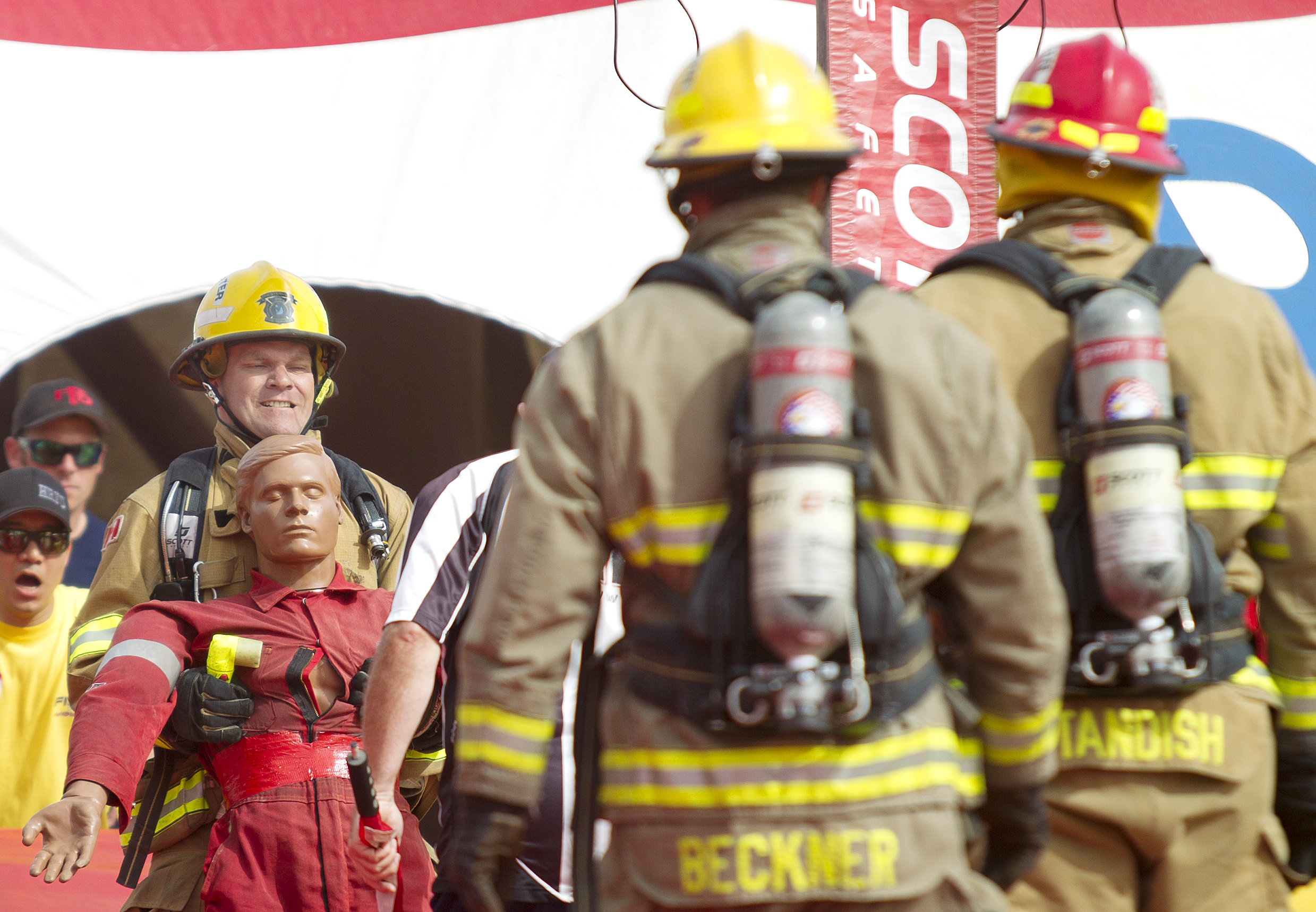Chestermere Fire Services (CFS) is working to deliver a greater level of medical services to residents.
Fire Chief Jamie Coutts explained during the Feb. 7 council meeting that sometimes CFS members have to wait extended periods of time for an ambulance when responding to calls.
“There are challenges in the ambulance system, that’s no secret to anybody. We routinely wait extended periods for the ambulances to get there,” Coutts said. “For us, it’s what level of services does the City of Chestermere want for its residents, and what can we do to help with that.”
Currently, CFS offers standard first-aid medical services.
“CFS has members that can work at a higher level, but city does not currently have the equipment, medications, first aid supplies to operate at the higher level, or any agreement to do so,” Coutts said.
CFS is able to transition to a basic life support level of service, which would allow members of the fire department who are also trained paramedics to offer additional medical services, such as pain control, IV therapy, and seizure management.
“As with any increase in the scope of practice, the potential benefits are many. The most notable to start is from the point of view of patient advocacy. Anytime we can offer a higher scope of practice to our citizens it will benefit their overall outcomes in an adverse health situation,” Coutts said.
CFS currently has seven trained paramedics on the team.
“We’re not guaranteeing anything, whoever is working that day, that’s what they can work up to. There would be times that we could offer a higher level of service with the staff we have,” Coutts said.
With an advanced level of medical service, CFS members could also assist in the event of a traumatic injury, and pediatric care.
Going forward, CFS will support staffers with enhanced training in an emergency medical services simulation lab, which will provide training in a controlled environment to help members build skills and confidence, Coutts explained.
In addition to training, CFS will also purchase the equipment, medications, and medical supplies needed to facilitate a basic life support level of service within the city.
In the 2023 capital budget, $30,000 has been allocated for cardiac monitoring, while $3,000 for suction devices, $3,00 for a pediatric oximeter, $5,000 for medical supplies, $10,000 for registrations and insurance for fire staff, and $15,000 for training and upgrading was allocated in the 2023 operating budget.








